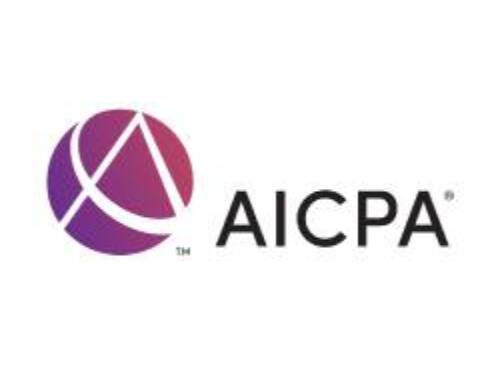McGriff Insurance Special Alert: Watch for IRS Notices 972CG
Note: The following is based on an IRS compliance alert from SCACPA partner McGriff Insurance concerning the Affordable Care Act:
The IRS has recently issued a large batch of IRS Notices 972CG. These Notices are different from the IRS Letters 226J that many of us may recognize. The Letters 226J assess penalties against Applicable Large Employers (ALEs) for failing to offer coverage as required by the Affordable Care Act’s (ACA) Pay or Play rules.
The IRS Notices 972CG are assessing penalties for the late filing of the 2018 1094/1095 forms as required under I.R.C. Sections 6055 and 6056. Employers might also receive this penalty notice for unresolved TIN validation errors and/or not filing the ACA returns electronically when required. The notices assess penalties based on the number of late forms and the length of time the forms were filed beyond the deadline.
Employers have 45 calendar days from the notice date to respond to the Notice 972CG (an extension is available but must be requested prior to the due date). If the employer agrees with the proposed penalty, it should follow the notice’s instructions, checking box (a) on the response page attached to the notice, and sending in payment with its response. If the employer disagrees in part or in full, the employer should check box (b) or (c), and can provide a signed statement explaining why they disagree with supporting documents that show “reasonable cause” why the penalty should be reduced or dismissed all together (see Internal Revenue Code (IRC) Section 6724). The “reasonable cause” standard requires that an employer establish “significant mitigating factors” or that “failure was the result of circumstances beyond the filer’s control”; further, the employer will have to show that it “acted in a responsible manner both before and after the failure occurred” (see Section 20.1.7.12.1 of the Internal Revenue Manual).
In the signed statement, employers should thoroughly explain why the filing was late/incomplete, summarizing:
- What happened and when did it happen?
- What facts and circumstances prevented the employer from filing the return timely (between the due date and the date the returns were actually filed)?
- How did the facts and circumstances affect the employer’s ability to file or perform other day-to-day responsibilities?
Based on the IRS’ internal manual, when reviewing a defense of reasonable cause and request for an abatement/waiver of the penalty, the IRS may consider questions/issues such as the following (for a full list, see Section 20.1.7.12.1 of the Internal Revenue Manual):
- Do the reasons address the penalty that was assessed?
- Should the event that caused the noncompliance have reasonably been anticipated?
- Was the penalty the result of carelessness or did the filer appear to have made an honest mistake? Per the IRS, carelessness and forgetfulness are not examples of ordinary business care and prudence.
- Has sufficient detail (i.e., dates, relationships) been provided to determine whether the filer exercised ordinary business care and prudence?
- Has the filer documented all pertinent facts (i.e., death certificate, doctor’s statement, insurance statement for proof of fire, etc.)?
- Could the filer have requested an extension or filed an amended return?
- A waiver should not be automatically granted if the filer claims ignorance of the filing requirements; however, ignorance of the law may be considered as one factor which may indicate that the filer acted in a responsible manner if all the other facts support this contention.
- For a filer to establish reasonable cause under the category of “significant mitigating factors,” the filer must show they acted in a responsible manner as well as the existence of a significant mitigating factor, which may include but are not limited to:
- First time filer
- The filer has a history of complying with the information return reporting requirements
- For a filer to establish that the untimely filing was due to “events beyond the filer’s control,” the filer must show they acted in a responsible manner as well as the specific event being beyond the filer’s control, including but not limited to:
- Actions of an Agent (i.e., vendor engaged to file returns on employer’s behalf)
- Unavailability of business records.
Any employer who receives a Notice 972CG will want to work with their tax/legal counsel to prepare any statement challenging this proposed penalty.
With these particular letters, any defense boils down to an analysis of whether there was reasonable cause for the late filing or whether it was due to willful neglect. These are very technical and legal terms that require an application of specific facts and circumstances. Therefore, the McGriff Employee Benefits Compliance Team is unable to create a template or draft response for our clients.
ACA reporting deadlines for 2020 are right around the corner. The following links provide information about the required reporting and notice of deadline extensions:
- IRS Provides Transition Relief for 2020 ACA Reporting
- Employer Reporting of Health Coverage Code Sections 6055 and 6056
Here is an updated list of all ACA Compliance Deadlines for 2021, including ACA reporting deadlines and associated penalties: Affordable Care Act 2021 Compliance Checklist




